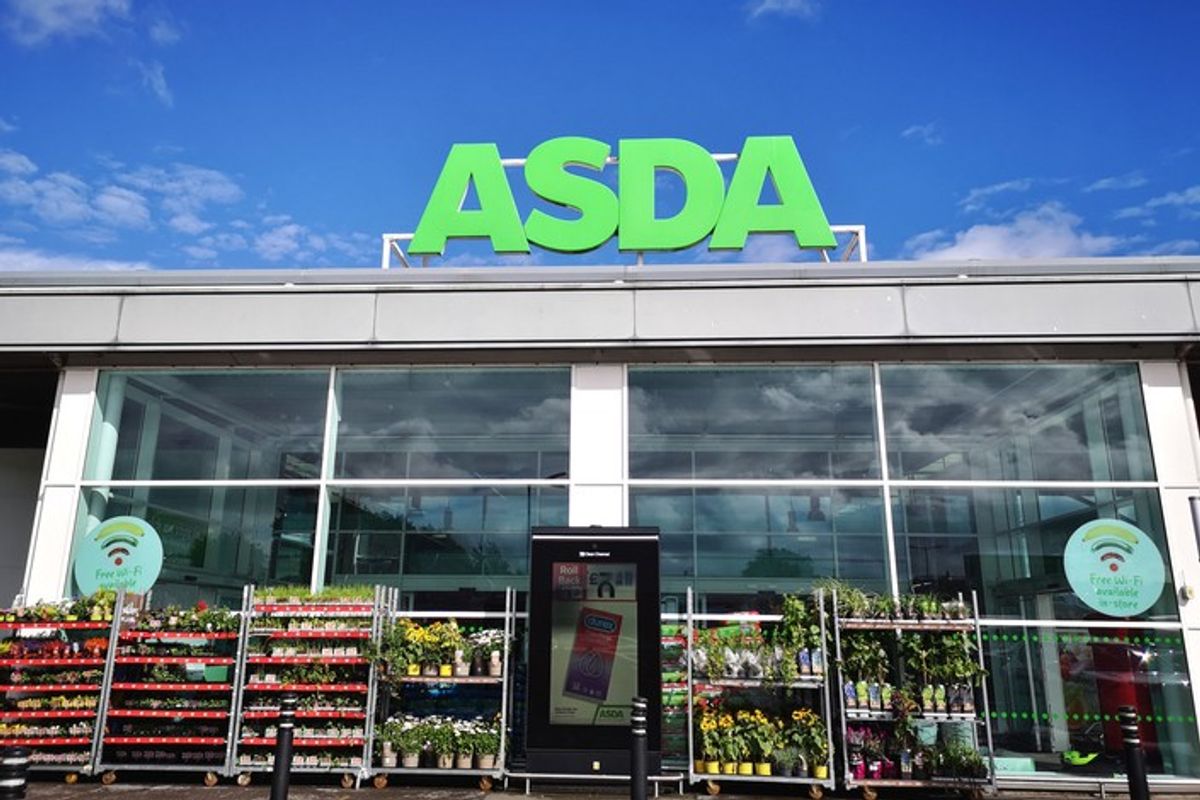Asda staff are heavily criticising bosses’ decision to play “mentally draining” unlicensed music in shops in a move employees believe is part of cost-cutting measures.
Workers at Asda have launched a petition calling for the playlist in stores to be changed after the Leeds-headquartered supermarket quietly changed its in-store radio earlier this year. Asda is using a service that plays unsigned performers’ songs rather than music licensed from popular artists – suggesting there are no royalties to be paid, The Telegraph reported.
The change has not gone down well with employees. Many have posted threads complaining about it on the Asda Reddit Forum. One called the new music “corny”, while another said it was “some of the worst, most unlistenable music to ever grace the world”.
“I’d rather listen to the souls of the damned screaming at me for six hours," said another worker on Reddit.
Employees believed the change was part of cost-cutting measures at Asda, which has a multibillion-pound debt pile. One comment on the Asda Reddit forum said, “There must be some licensing arrangement and they probably decided to cut costs.”
In July, an online petition was launched calling on the supermarket to restore its former in-store music service.
The petition, which has garnered more than 600 signatures, said, “It is hindering concentration and causing immense stress for our Asda retail workers.
“For example, our Asda plays the same 20 songs throughout the day and I know this from working just 12 hours a week. I can’t imagine how irritating it must be for those working full-time. We are hard workers that deserve a welcoming and happy environment. Music means the world to people.
“I remember at the end of my longer shift when Born This Way by Lady Gaga would play and it uplifted my spirits and gave me a pep in my step. Now I leave Asda feeling worked up because I’m exhausted not only from physical work but also mentally drained from listening to whatever they’re playing now.”
Asda’s radio station was, in years gone by, a surprisingly influential force in music broadcasting. Launched in 1991, it was previously called Asda FM and played chart hits. It was rebranded in 2019 to become Asda Radio.
An Asda spokesman said: “We made this change in February to align with our other sites including depots and in-store cafes.
“We appreciate that colleagues have different tastes in music and we always welcome feedback when making decisions about how our stores operate, including the music played on Asda Radio.”


